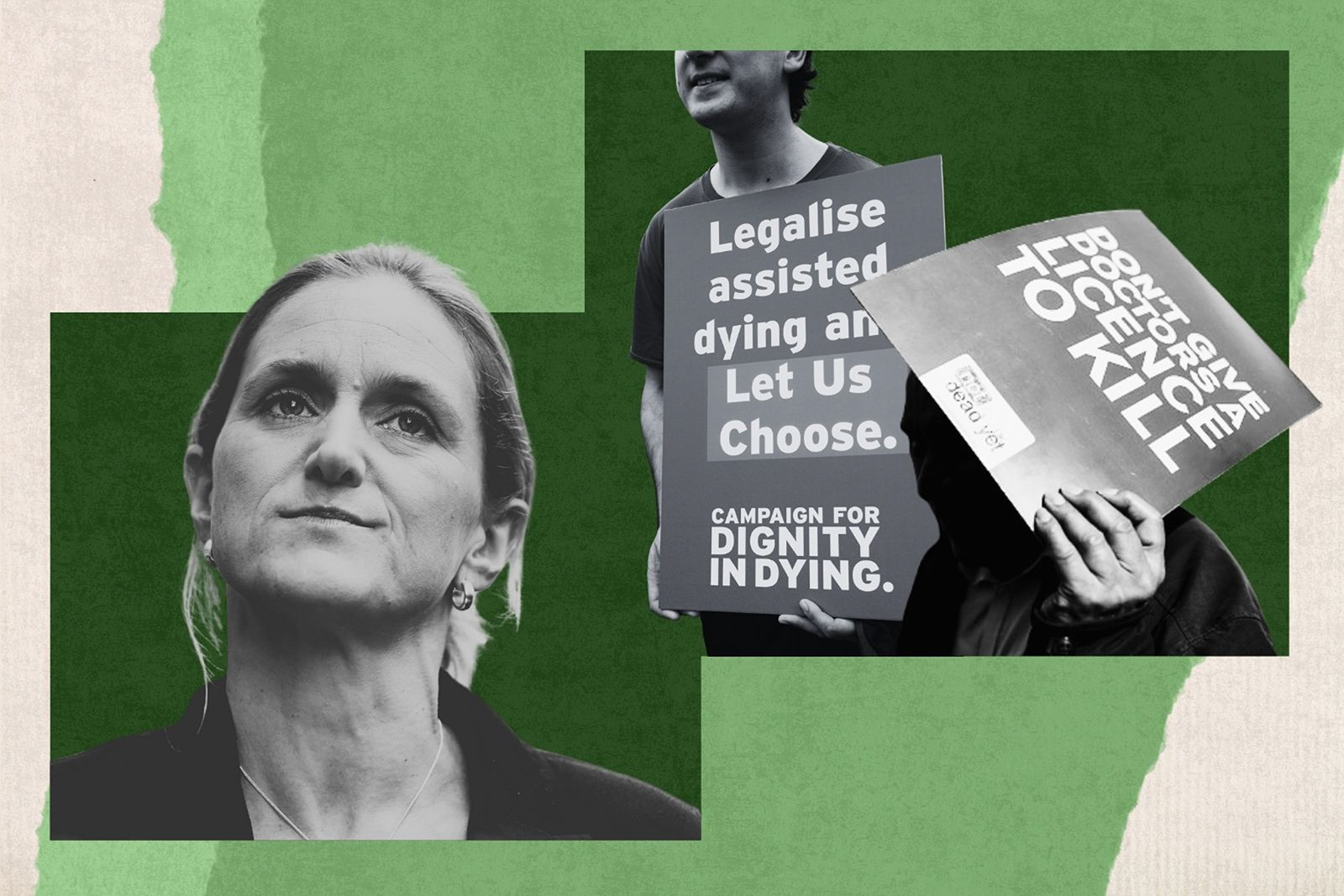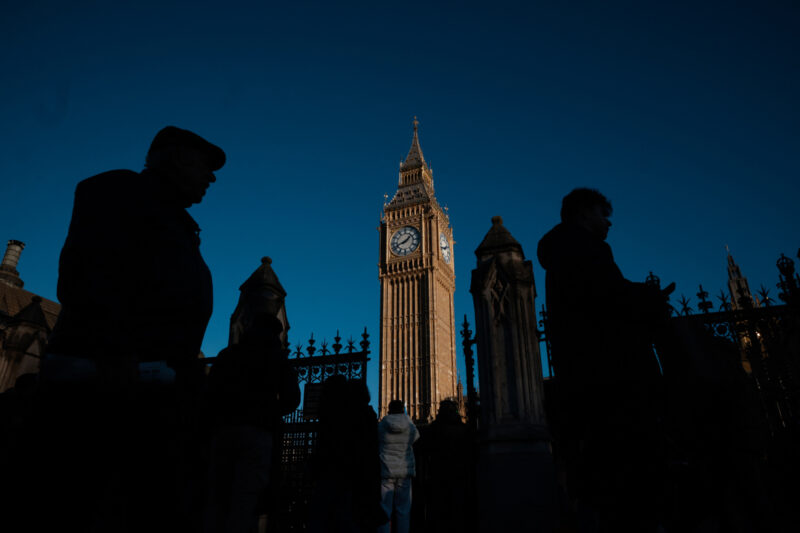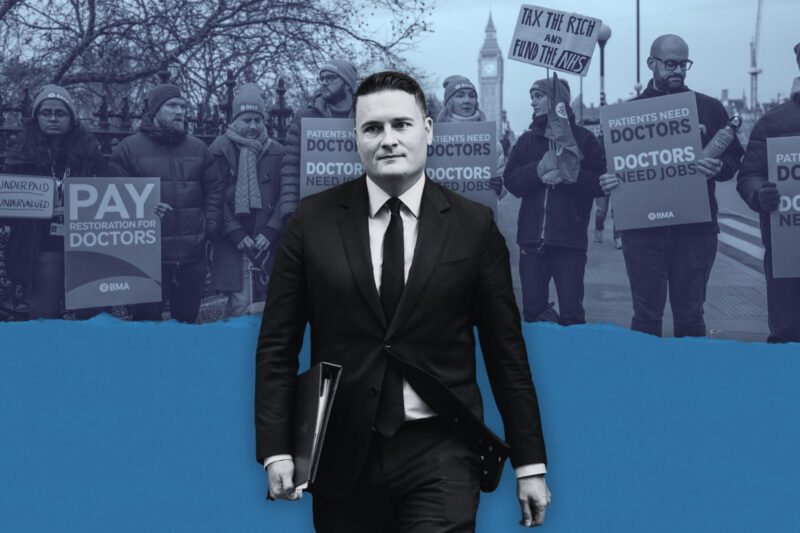Assisted dying has MPs more reflective than ever. Here’s what they’re saying
Only one Muslim MP has publicly backed Kim Leadbeater’s bill, with six saying they oppose it. Privately, many in the Commons are conflicted

An extraordinary moment will unfold in the House of Commons voting lobbies on Friday. MPs, usually tightly bound by party loyalty, will find themselves granted a rare freedom: the chance to vote with their conscience.
For some, it may be one of the very few times that they are allowed to cast a vote without a party whip breathing down their neck. But that freedom, and the responsibility that comes with it, weighs heavy on the shoulders of many MPs.
The vote is on a bill that could fundamentally reshape end-of-life rights in England and Wales. The assisted dying bill proposed by Labour MP Kim Leadbeater has sparked intense debate, both inside and outside parliament. It proposes giving terminally ill adults with less than six months to live the choice of ending their own lives. And it has raised profound ethical, cultural and personal questions.
All major parties have announced a free vote on the matter, reflecting its deeply personal nature. My colleagues and I in the ITV News politics team have been canvassing opinions from as many MPs as possible and, as it stands, we believe there are 147 leaning towards voting in favour of the bill, 105 against, 133 still undecided and 24 expected to abstain. This gives an idea of how close the vote could be — and these numbers are constantly changing.
In my years covering British politics, I’ve rarely seen Westminster in such a reflective mood. MPs are usually eager to persuade others of their views. But in this case, many are actively listening and engaging with constituents and advocacy groups, as well as considering their own experiences, before deciding where they stand.
This was clear when I spoke to Victoria Atkins, the former Tory health secretary. When I asked her how she planned to vote, she admitted she was still undecided. Her time leading the nation’s healthcare system exposed her to poignant and powerful stories and she, like many, is actively taking advice from both sides of the debate before making a decision.
A number of MPs have spoken about loved ones who suffered in their final moments. Others talked of miraculous recoveries against the odds that may not have happened if this law had been in place. Constituents with similar experiences on both sides will also be relaying these to their MPs. This is an issue that touches lives in ways few other pieces of legislation do, raising questions about the sanctity of life, autonomy and morality. It is forcing MPs to tackle moral questions without the constraint — or the excuse — of having to fall in line with their party leadership.
Advocates for assisted dying argue that the legislation offers a humane and compassionate choice for those suffering from terminal illnesses. Supporters believe it has robust safeguards to protect vulnerable individuals: patients must be 18 or older and must have the mental capacity to make the choice, which must be signed off by at least two doctors and a High Court judge. They point to parts of other nations’ assisted dying policies that they argue have had some positive outcomes, arguing that they provide dignity and agency.
Yet opponents are equally vocal, warning of potential risks. One MP who plans to vote against the bill told me they feared a slippery slope, where criteria for eligibility could gradually expand once the law came into force — as has happened in other countries, including in Canada where assisted dying has been made available to more people since it was brought in eight years ago. There is also a growing unease about the bill’s timing and level of scrutiny. Some MPs worry that insufficient parliamentary time has been allocated to debate the details. They argue that the five-hour discussion scheduled for Friday is inadequate for an issue that will have such a significant impact on our society.
Supporters counter that this vote is only the first step. This is a vote on the main principles of the bill, not its detail. If passed, the proposed law would undergo further scrutiny in the new year, where MPs would pore over each clause and propose amendments. This is why, behind the scenes, some supporters of the bill are urging their undecided colleagues to abstain rather than vote against, ensuring the bill gets a chance to be dissected more fully at its committee and report stages.
Religion and culture are also playing a significant role in shaping MPs’ views. It is notable that only one of Britain’s 25 Muslim MPs has publicly declared support for the bill, with six publicly against it and the rest either undecided or keeping their views to themselves. Polling conducted by More in Common has revealed that there are seven constituencies in the country where the majority of voters oppose assisted dying. All these constituencies also have a higher-than-average proportion of residents with religious beliefs, predominantly Muslim. This reflects the broader religious, ethical and cultural dilemmas that many MPs are also grappling with.
Over the last few weeks in Westminster it has felt as though the broad feeling among MPs has shifted back and forth. There is now huge uncertainty about what the final result will be. On Friday, when MPs gather in the Commons, each speech, question and argument could sway opinions in the chamber. Every MP will know that, as they cast their vote, this bill has the potential to bring seismic change to our nation and shape how we as a society confront one of life’s most difficult moments. It is a decision no one will be taking lightly.
Shehab Khan is an award-winning presenter and political correspondent for ITV News.
 Newsletter
Newsletter













